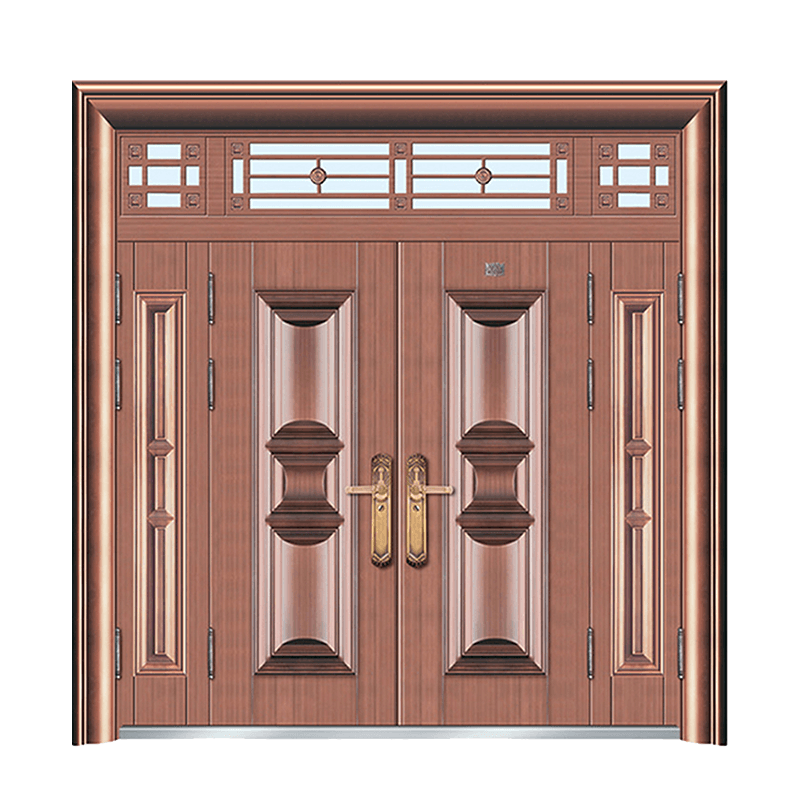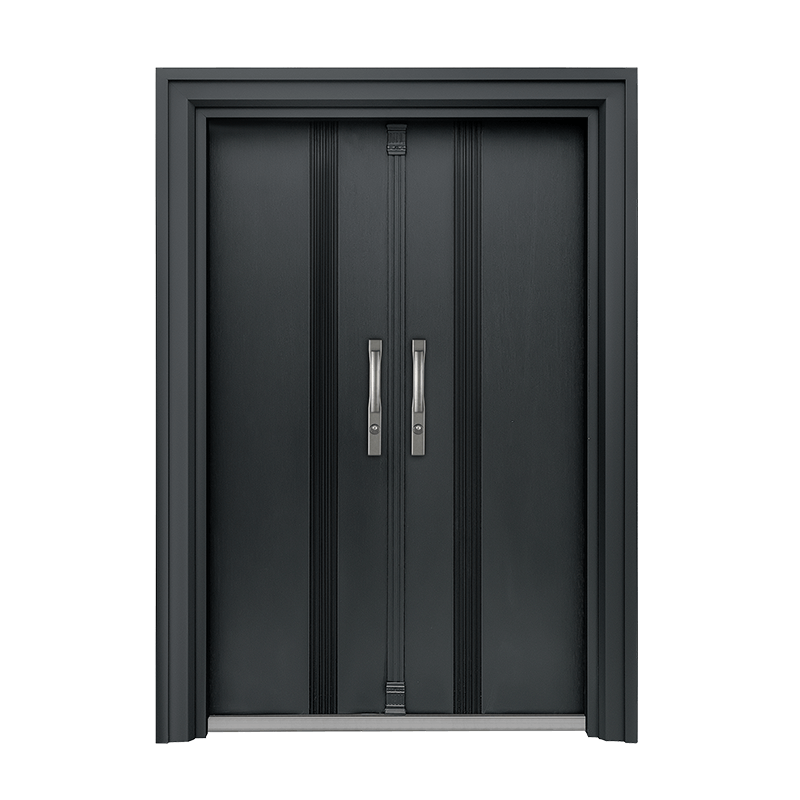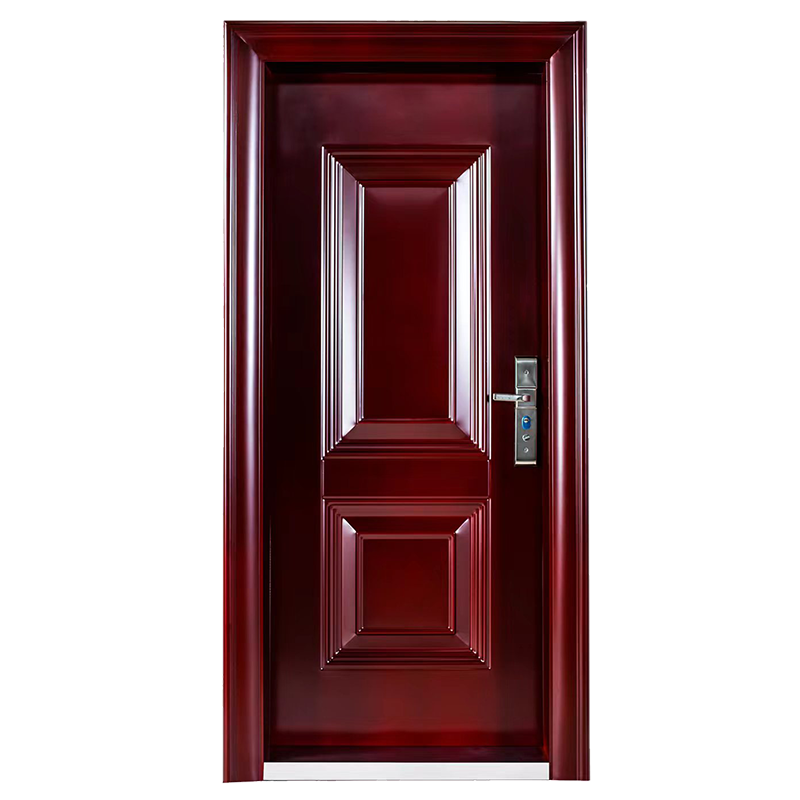Exploring the Impact of Thickness on the Performance of Kitchen and Bathroom Steel Doors
May 02, 2025
China Wholesale Kitchen And Bathroom Steel Door Producer
The thickness of a kitchen and bathroom steel door is a crucial factor that significantly influences its overall performance. As a central component in home design, these doors are expected to provide durability, security, and insulation, all of which are directly related to their thickness. This article aims to explore the relationship between the thickness of kitchen and bathroom steel doors and their performance, examining how this attribute affects their structural integrity, thermal efficiency, and resistance to environmental factors.

The thickness of a kitchen and bathroom steel door is measured in millimeters (mm), and it plays a pivotal role in determining the door's strength and stability. A thicker door is generally more robust and can withstand greater forces, which is particularly important in areas prone to heavy use and potential impacts. For instance, a thicker steel door can better resist dents and deformations that might occur from everyday wear and tear or accidental collisions.
In addition to structural strength, the thickness of a kitchen and bathroom steel door also impacts its thermal performance. Thicker doors provide better insulation, reducing heat transfer and thus helping to maintain a comfortable temperature within the room. This is especially beneficial in areas where there is a significant temperature difference between the inside and outside of the home, such as in regions with bad weather conditions. A well-insulated steel door can also contribute to energy savings by reducing the need for heating or cooling, thereby lowering utility bills.
The acoustic properties of kitchen and bathroom steel doors are another area where thickness plays a role. Thicker doors tend to offer better soundproofing, which can be an advantage in noisy environments or when privacy is a concern. This is particularly relevant in multi-story homes or apartments where sound transmission between floors can be an issue.
However, it's important to note that the thickness of a kitchen and bathroom steel door is not the sole determinant of its performance. The quality of the steel used, the type of coating or finish applied, and the construction techniques employed all contribute to the door's overall effectiveness. For example, a thin steel door with a high-quality galvanized coating can still offer good corrosion resistance, while a thicker door without proper sealing may still allow drafts and moisture to pass through.
Maintenance is another aspect that must be considered when discussing the performance of kitchen and bathroom steel doors. Thicker doors may require more effort to maintain, as they can be heavier and more challenging to clean and repair. However, if properly cared for, a thicker steel door can last for many years, providing a long-term solution for homeowners.
In conclusion, the thickness of kitchen and bathroom steel doors is a key factor that affects their performance. Thicker doors generally offer increased strength, better insulation, and improved soundproofing, making them an attractive option for many homeowners. However, it is essential to consider the overall quality of the door, including the materials and construction methods used, as well as the ongoing maintenance required to ensure the door continues to perform. By understanding the impact of thickness on the performance of kitchen and bathroom steel doors, homeowners can make informed decisions when selecting doors for their homes, ensuring they choose a product that will meet their needs for durability, comfort, and security.

 English
English 中文简体
中文简体 Français
Français Español
Español عربى
عربى





